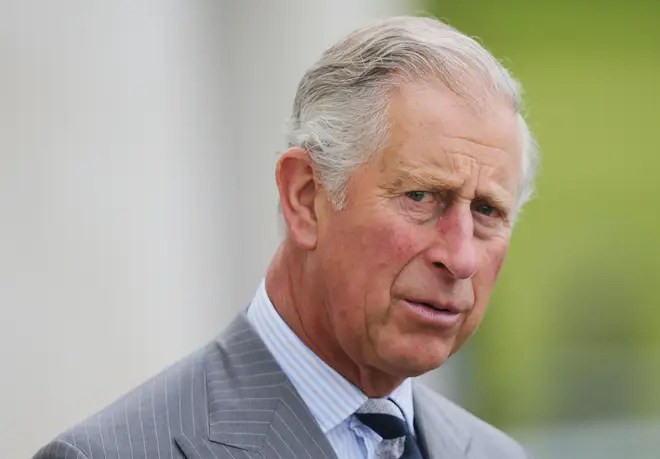
Shelagh Fogarty 1pm - 4pm
21 September 2020, 07:32 | Updated: 21 September 2020, 07:33

The climate emergency will "dwarf" the coronavirus crisis in its impact, the Prince of Wales has warned.
Charles recorded a message, which will be played at the virtual opening of Climate Week on Monday afternoon, from Birkhall in the grounds of Balmoral.
He said "swift and immediate action" would be needed to curb the impact of the climate crisis, adding that the coronavirus pandemic is a "window of opportunity" to reset the economy for a more "sustainable and inclusive" future.
"Without swift and immediate action, at an unprecedented pace and scale, we will miss the window of opportunity to 'reset' for... a more sustainable and inclusive future," his message will say.
"In other words, the global pandemic is a wake-up call we cannot ignore...
"...[the environmental] crisis has been with us for far too many years - decried, denigrated and denied.
"It is now rapidly becoming a comprehensive catastrophe that will dwarf the impact of the coronavirus pandemic."
Read more: Tax frequent fliers to tackle climate change, report suggests
Read more: 40C UK summers likely to 'rise significantly' without climate change action

Extinction Rebellion should support the government
Charles, 71, who tested positive for coronavirus in March and is a keen environmentalist, previously urged members of the Commonwealth to come together to tackle climate change.
He also called on business and political leaders to embrace a radical reshaping of economies and markets in order to tackle the crisis at the Davos summit back in January.
The prince has also met teenage climate activist Greta Thunberg.
Last month a study suggested the global lockdown will have a "negligible" impact on rising temperatures but a green recovery could avert dangerous climate change.
Experts led by the University of Leeds found that lockdowns caused a fall in transport use, as well as reductions in industry and commercial operations, cutting the greenhouse gases and pollutants caused by vehicles and other activities.
However, the impact is only short-lived, with analysis showing that even if some measures last until the end of 2021, global temperatures will only be 0.01C lower than expected by 2030.
Listen & subscribe: Global Player | Apple Podcasts | Google Podcasts | Spotify